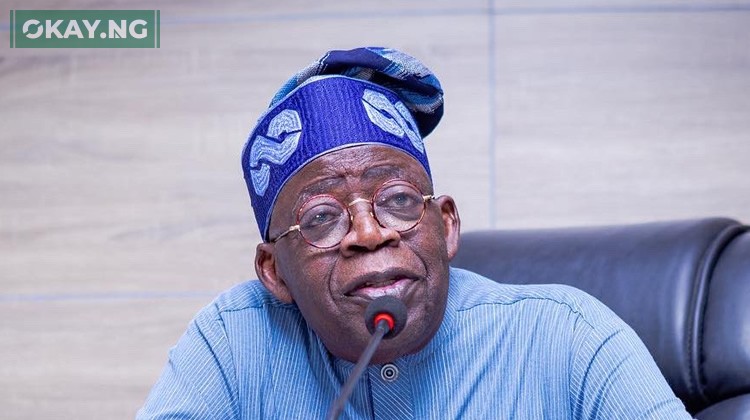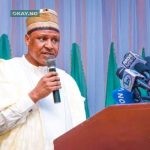In his first Independence Anniversary speech, President Bola Tinubu announced a significant measure aimed at alleviating the challenges posed by the recent fuel subsidy removal.
The President unveiled a six-month temporary wage increase for select workers in the country, addressing the nation on Sunday.
The wage increase comes as a response to the adverse effects of the fuel subsidy removal, which has resulted in a substantial rise in the cost of living for Nigerians.
President Tinubu stated, “Based on our talks with labor, business, and other stakeholders, we are introducing a provisional wage increment to enhance the federal minimum wage without causing undue inflation.
“For the next six months, the average low-grade worker shall receive an additional Twenty-Five Thousand naira per month.”
With labor unions threatening strikes in response to the increased hardship, President Tinubu appealed for resilience, emphasizing that his administration “is doing all it can to ease the load.”
He acknowledged the difficulty citizens face and expressed his wish that these challenges did not exist, but called for collective endurance to navigate towards a brighter future.
In addition to the wage increase for selected workers, President Tinubu outlined several other measures undertaken by the government to address the current economic situation:
- Public Sector Reforms: The government is set to implement public sector reforms to stabilize the economy, direct fiscal and monetary policy to combat inflation, promote production, ensure security, and provide more support to the poor and vulnerable.
- Infrastructure Support Fund: The Federal Government has established an Infrastructure Support Fund, enabling states to invest in critical areas to alleviate the impact of the subsidy removal.
- Transport Sector: President Tinubu recognized the transport sector as one of the immediate concerns affected by the fuel subsidy removal. To address this, the government is deploying more cost-effective and safer Compressed Natural Gas (CNG) buses across the nation. These buses will operate at a fraction of current fuel prices, ultimately reducing transport fares.
- Cash Transfer Program: The government is expanding the cash transfer program to an additional 15 million vulnerable households, commencing in October 2023. This expansion aims to provide greater support to those in need.
- Central Bank of Nigeria (CBN) Reforms: Acknowledging concerns about the CBN, President Tinubu affirmed that a housecleaning of the institution is underway. A new leadership for the CBN has been constituted, and a special investigator is working to identify past lapses and prevent future occurrences. Monetary policy will be geared towards benefiting all citizens, rather than being exclusive to the powerful and wealthy.









